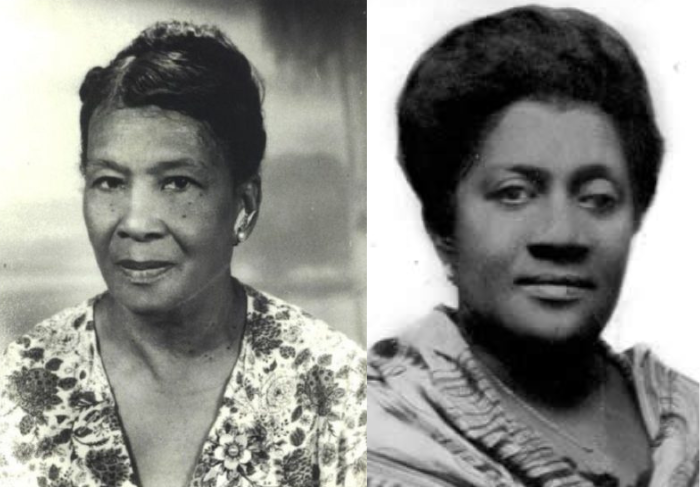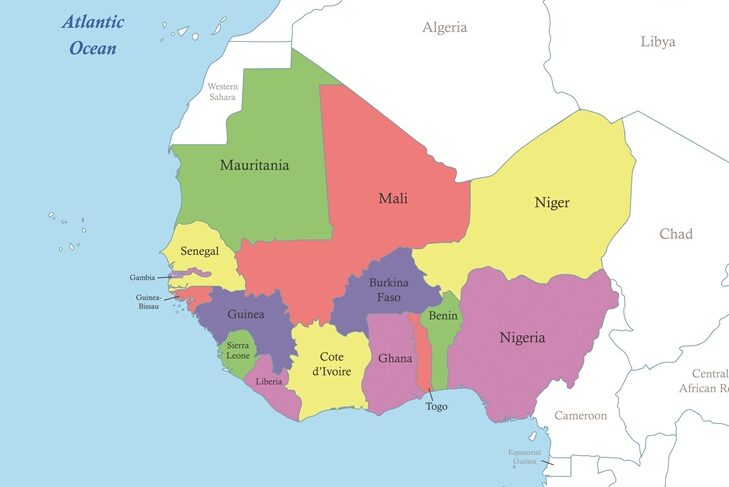
What if the law doesn’t work for anyone of African descent who calls this USA home – what then? What if “law and order” are just code words for keeping the black man in his place – what then? What is he supposed to do with laws that are skewed against him – which defy his rights enshrined in the Constitution of these United States? Good laws and the battle waged in order to obtain them are not only vital to improving his lot in life, but so is an understanding of the bad laws. From whence did they come? How did they come about? Who is the enemy? What weapons does the enemy possess? An effective war cannot be conducted if one does not know the enemy, the weapons arrayed against him, nor the terrain of the war.
It was Mahatma Gandhi who said: “An unjust law is itself a species of violence. Arrest for its breach is more so.” Doctor King, one who was influenced by the life and the writings of Gandhi, said in a letter he wrote in a Birmingham jail: ““One may well ask: ‘How can you advocate breaking some laws and obeying others?’ The answer lies in the fact that there are two types of laws: just and unjust. I would be the first to advocate obeying just laws. One has not only a legal but a moral responsibility to obey just laws. Conversely, one has a moral responsibility to disobey unjust laws. I would agree with St. Augustine that ‘an unjust law is no law at all.’”
Once such initial hurdles are overcome, questions such as: “What resources are there – human and material – to go into battle?” “Who are our allies – who will go out and fight with and for us?” “Who will acknowledge our plight and give us, at a minimum, moral support?” When the backs of a people are against the wall – facing annihilation – what are they to do when those with questionable beliefs, motives and histories offer a helping hand? In a vacuum left by the “good guys”, how do they say “No” to such aid while teetering precariously on a tightrope over a precipice of genocide? Great leaders in such causes against oppression and existential threats have wrestled with such questions often earning the ire of armchair critics – those whose blood was never at stake in similar fashion.
Golda Meir, and the other Israeli leaders who succeeded her, had no problems receiving assistance from the United States in their fight for survival in the Middle East although the U.S. itself had a long history of brutality and oppression at home against Native Americans, African Americans, Asian Americans and other minorities. Mandela was criticized for receiving support against Apartheid from Fidel Castro and Yasser Arafat. It is, indeed, very easy to moralize and then criticize similar actions taken by others when one is not the one having to face the tips of lunging spears in the heat of battle. If those allies were the “bad guys”, where then were the good guys?
The only person who had an innate and sovereign right to criticize such actions – and still does – is God himself. Rather than running to him for protection, ancient Israel often ran to other nations (“the arm of flesh”) and to their false gods for support. Hence the following quote from Scripture echoes the attitude of those among God’s people in whom he was and will always be pleased: “Some trust in chariots, and some in horses: but we will remember the name of the Lord our God.” Psalms 20:7 KJV. But, again, before we hasten to criticize anyone who has obtained support from questionable sources – whether on a personal or a public basis – let us, without compromising our own principles, try to be understanding out of a sense of our shared humanity.
Outside of such Trojans of the Civil Rights movement as Martin Luther King, Jr., John Lewis, Medgar Evers and Rosa Parkes – many African Americans, in the stifling heat of racism and its attendant violence in the fifties and sixties – found shelter and solace in the Black Panthers and in Malcolm X – while he was a member of The Nation of Islam and then of the organization he founded called, The Organization of Afro-American Unity (OAAU), a Pan-Africanist organization in 1964. It was easy to tar and feather the movement at the time with such terms as “extremist”, or “Communist” and yes, even “racist” because of such alliances. But, in certain respects, in a vacuum of need – where were the “good guys”?
Today, again, in 2020, concerns have been expressed in the wake of protests since the murder of George Floyd about the black community’s alliance with the controversial activist organization called “Black Lives Matter”. Many find talk of the founders of this organization or movement involved in and promoting ancestral worship abhorrent. Like it or not, it is a valid concern for anyone who is acquainted with the tenets of Holy Scripture. Charges of the movement being pushed by a homosexual agenda and as a satellite of external and internal players pushing a Socialist agenda have also been asserted. But, where were the “good guys” to fill the vacuum in the fight against racism that Black Lives Matter managed to fill?
Winston Churchill is reported to have said: “If Hitler invaded hell I would make at least a favourable reference to the devil in the House of Commons.” His words echoed the ancient proverb: “The enemy of my enemy is my friend.” It is a maxim which, if embraced, would be done at one’s own peril. Many in the Evangelical world embraced the current President who, by word and deed, has shown repeatedly that he is no poster boy in respect to the tenets of the Gospel. His life of sinfulness has oft been sanitized as he is said to support key agendas of the Evangelical community. We have oft looked the other way to his lies and to his less than charitable behaviour for our various political agendas’ sake. How do we, as the church, differ from the Afro-American community being allied to Black Lives Matter? Is it the same set of principles that we used to assess them that we now use to explain our association with Mr. Trump, or are we talking about apples versus oranges?



